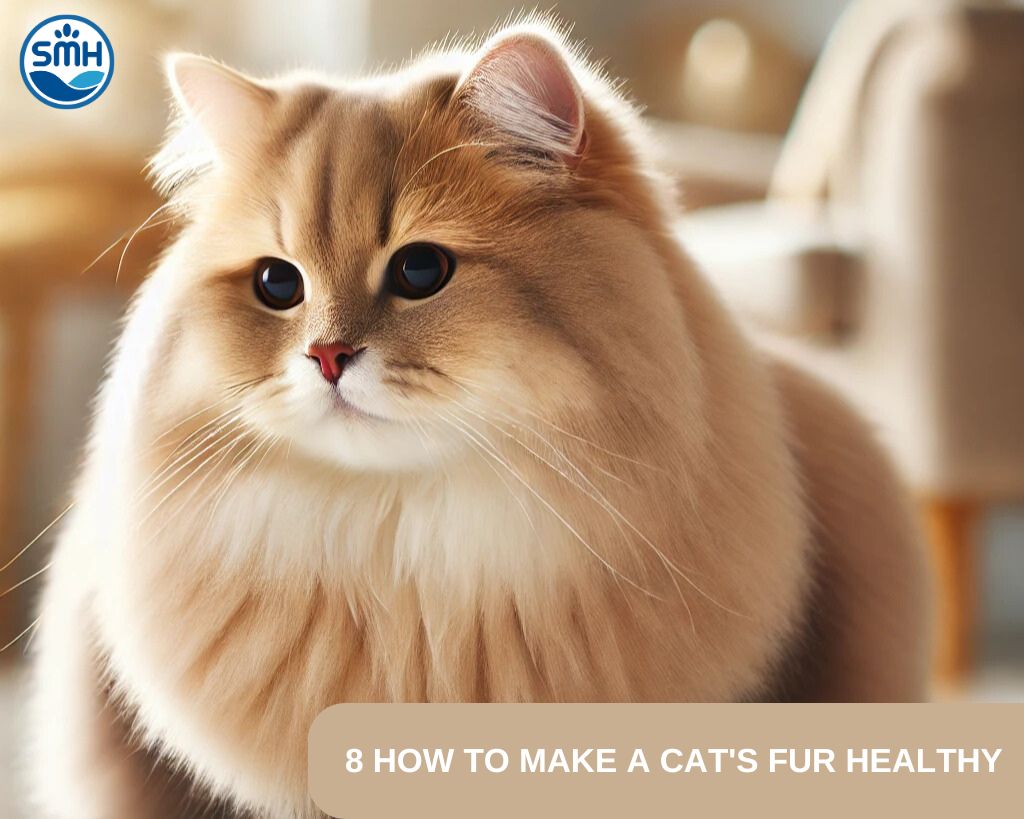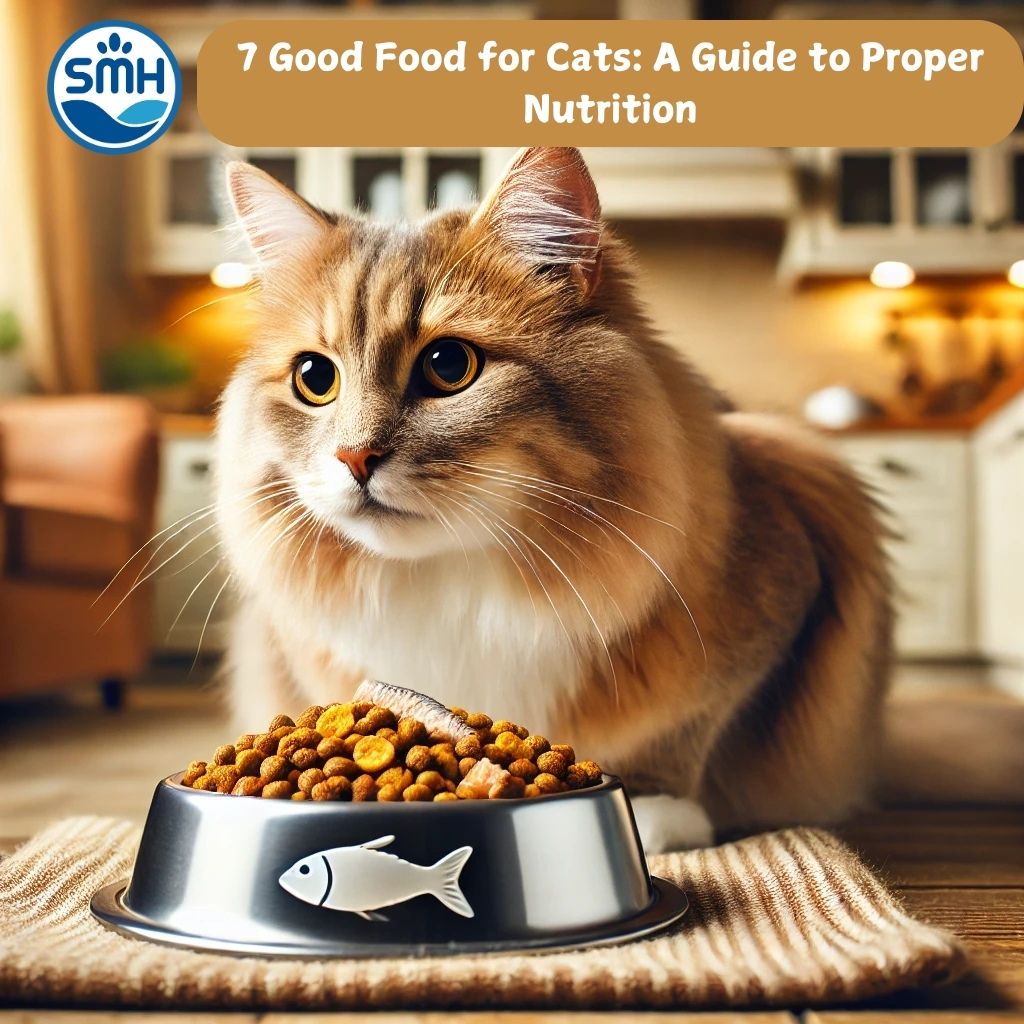8 HOW TO MAKE A CAT'S FUR HEALTHY
By. Mohammad Khosidil Haq - 05 Dec 2024
bisnisrakyat.id - A cat's healthy, dense fur not only makes it look more attractive, but is also an indication of good health. Caring for your cat's coat requires special attention to nutrition, cleanliness and regular grooming. Here are some ways to ensure your cat's fur grows healthy, thick and shiny.
1. Providing Proper Nutrition
Good nutritional intake is very important for a healthy cat's coat. Here are some key nutrients:
· High Quality Protein: cats are carnivorous animals, so animal protein is very important. Provide meat-based foods such as chicken, fish or beef.
· Omega-3 and Omega-6 Fatty Acids
· These fatty acids help maintain skin moisture and make the fur shinier. Sources include fish oil, salmon, or special cat supplements.
· Vitamins and Minerals: vitamins A, E, and biotin are important for healthy skin and coat. Make sure your cat gets food formulated with this vitamin.
2. Combing Fur Regularly
Combing your cat's fur helps remove dead fur, prevents tangles, and stimulates the growth of new fur.
· Use appropriate combs: Metal combs for long-haired cats and soft combs for short-haired cats.
· Do it regularly: Ideally, combing is done 2–3 times a week to keep the coat clean.
3. Bathe with Special Cat Products
Regular bathing helps keep the coat and skin clean. However, don't bathe your cat too often because it can cause dry skin.
· Use a special cat shampoo that contains natural ingredients.
· Bathing is done every 4–6 weeks, depending on needs.
4. Maintain Healthy Skin
Healthy skin is the basis of a healthy coat. If your cat scratches frequently or has dry skin, consult a veterinarian for further treatment.
5. Provide Additional Supplements
If needed, add supplements to support feather health. Some supplements that can be given are:
· Fish oil for Omega-3.
· Biotin to strengthen fur and nails.
· Coconut oil to moisturize skin naturally.
6. Avoid Stress
Stress can affect the health of a cat's coat. Make sure the cat's environment is comfortable, free from distractions, and full of attention. Prolonged stress can cause feather loss.
7. Treat Health Problems Quickly
Some health problems such as allergies, skin infections, or parasites such as fleas can affect the health of the coat.
· Regular check-ups with the vet: Have a check-up at least once a year to make sure the cat is in good health.
· Use an antiparasitic: Treat or prevent flea and mite infestations with a veterinarian-recommended antiparasitic product.
8. Give Love and Attention
Happy cats tend to have healthier fur. Invite them to play, give them quality time, and make sure they feel loved.
Read more: 5 Benefits of Vegetable Oil for Cat Fur Health ; THESE ARE 6 BENEFITS OF FISH FOR THE HEALTH OF YOUR PET ANABUL (CAT) ;5 Benefits of Shrimp for Cat Health
Conclusion
Keeping your cat's coat healthy and thick requires a combination of consistent grooming, good nutrition, and attention to its overall health. By taking good care of your cat, healthy, shiny, and dense fur will be a natural result. Don't hesitate to consult a veterinarian if you notice problems with your cat's fur or skin.








.jpg)